Rabbits and hamsters are two of the most commonly kept pets around the world. While they may both be small, fluffy, and adorable, their dietary needs are vastly different. Owners may mistakenly assume that since hamster food is readily available and high in protein, it would also be suitable for rabbits. However, this couldn’t be further from the truth. In fact, feeding rabbits hamster food can lead to serious health issues.
This comprehensive guide will delve into the nutritional differences between rabbit and hamster diets and explain why hamster food is not ideal for rabbits.
>> READ MORE:
- Can Hamsters Eat Cucumber? A Comprehensive Guide
- Can Hamsters Eat Strawberries? A Comprehensive Guide to Strawberry Safety for Your Furry Friend
- Can a Bath Kill a Hamster? A Comprehensive Guide to Hamster Bathing
- Can Bunnies Eat Peanut Butter A Comprehensive Guide
Nutritional Differences Between Rabbit and Hamster Diets
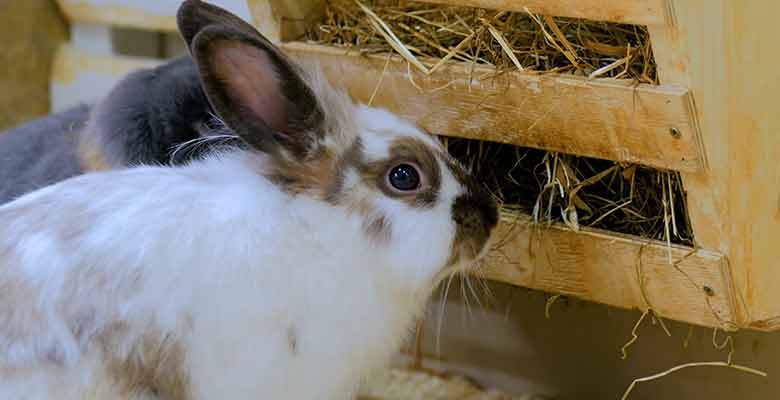
Before we can understand why hamster food is not suitable for rabbits, we must first understand the key differences between their diets. As mentioned earlier, rabbits are herbivores, meaning they primarily consume plant matter. Their digestive systems are designed to break down fibrous foods such as grasses, hay, and leafy greens. These foods provide essential nutrients and promote healthy gut function, which is crucial for the overall health of rabbits.
Hamsters, on the other hand, are omnivores, meaning they consume both plant and animal matter. Their natural diet consists of insects, seeds, and fruits. However, in captivity, they are typically fed a commercial hamster food that is specifically formulated to meet their nutritional needs. These foods often have a higher protein content (around 20-25%) to provide the necessary animal-based nutrition for active omnivores.
This difference in dietary requirements is due to the fact that rabbits and hamsters have evolved to survive in different environments. Wild rabbits rely on a diet of mostly roughage, while wild hamsters have access to a wider range of food sources. Therefore, their nutritional needs vary greatly.
The Risks of Feeding Rabbits Hamster Food
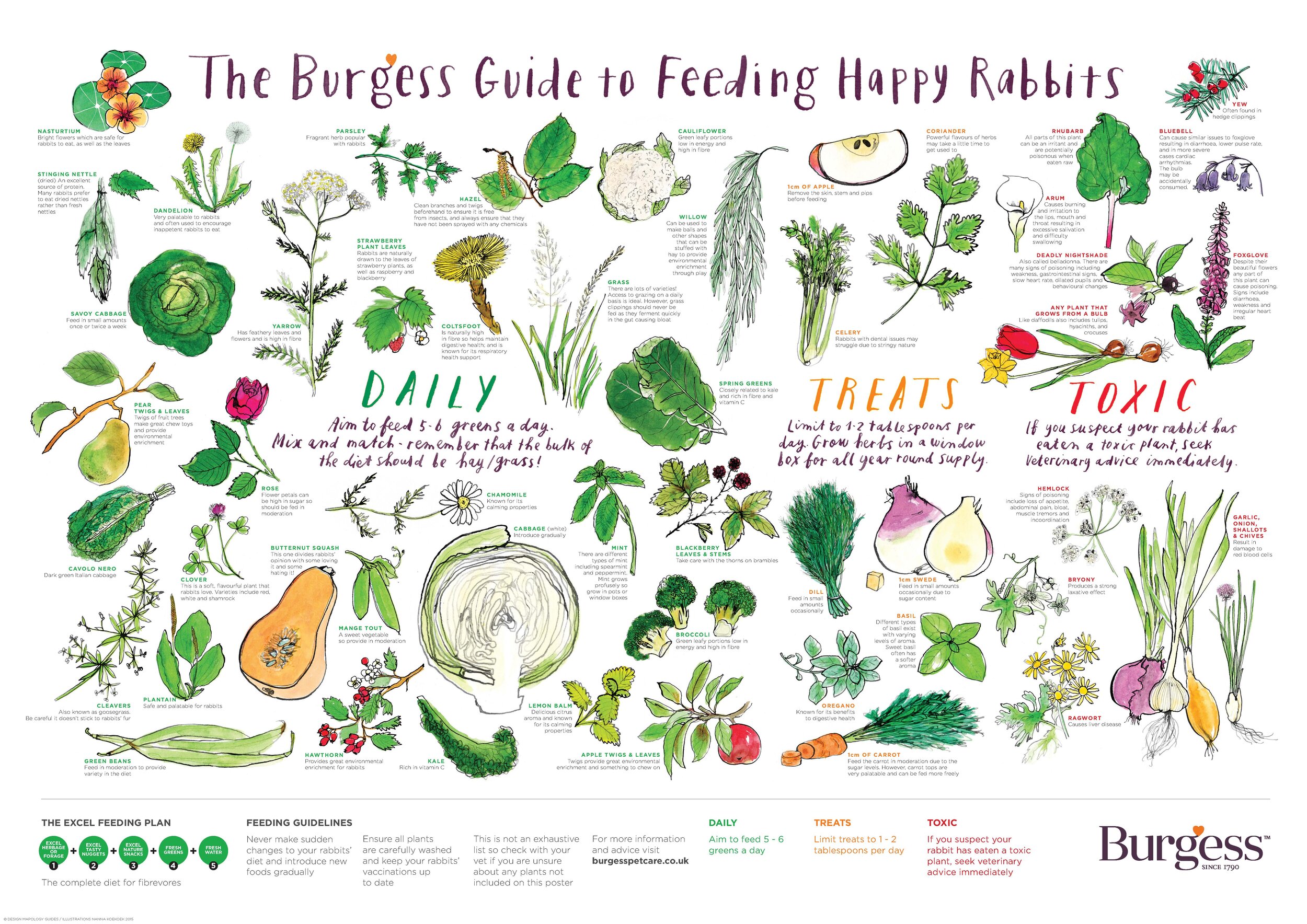
Now that we understand the nutritional differences between rabbit and hamster diets, it is important to explore the risks associated with feeding rabbits hamster food.
Gastrointestinal Issues
The high protein content in hamster food can wreak havoc on a rabbit’s digestive system. As herbivores, rabbits are not equipped to process large amounts of protein. Unlike hamsters, they do not have the necessary enzymes to break down animal-based proteins, leading to a build-up of harmful bacteria in their gut. This can result in gastrointestinal stasis, a condition where the digestive system slows down or stops functioning altogether. If left untreated, this can be fatal for rabbits.
Obesity
Feeding rabbits hamster food can also lead to obesity. Rabbits have evolved to consume a diet high in fiber and low in fat. Hamster food, on the other hand, is often high in both protein and fat. When fed to rabbits, this can quickly lead to weight gain and obesity. Overweight rabbits are at risk for various health problems, including arthritis, heart disease, and respiratory issues.
Mineral Imbalance
Another danger of feeding rabbits hamster food is the potential for mineral imbalances. Hamster food often contains high levels of calcium, which is essential for the growth and development of hamsters. However, excessive amounts of calcium can cause bladder stones and urinary tract issues in rabbits. Additionally, hamster food may not contain enough phosphorus, another crucial mineral for rabbit health. This imbalance can lead to skeletal deformities and weakened bones.
Signs of Nutritional Imbalances in Rabbits
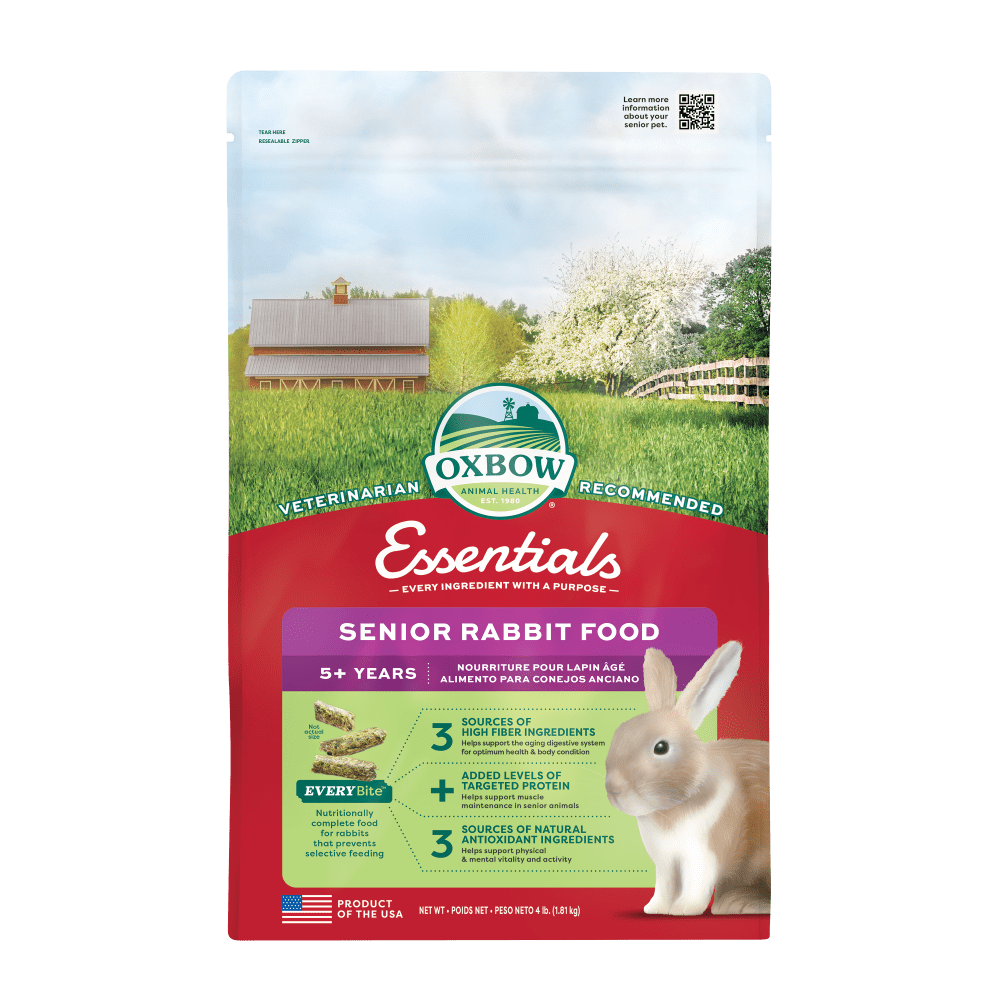
It is essential for rabbit owners to understand the signs of nutritional imbalances in their pets. Some common indicators include:
- Weight loss or gain
- Loss of appetite
- Diarrhea or constipation
- Changes in urine or fecal consistency
- Dull or matted fur
- Dental issues
- Lethargy or decreased energy levels
- Behavioral changes
If you notice any of these symptoms, it is crucial to consult with a veterinarian immediately. Ignoring these signs and continuing to feed rabbits hamster food can have severe consequences for their health.
The Best Diet for Rabbits: Hay, Fresh Vegetables, and Pellets
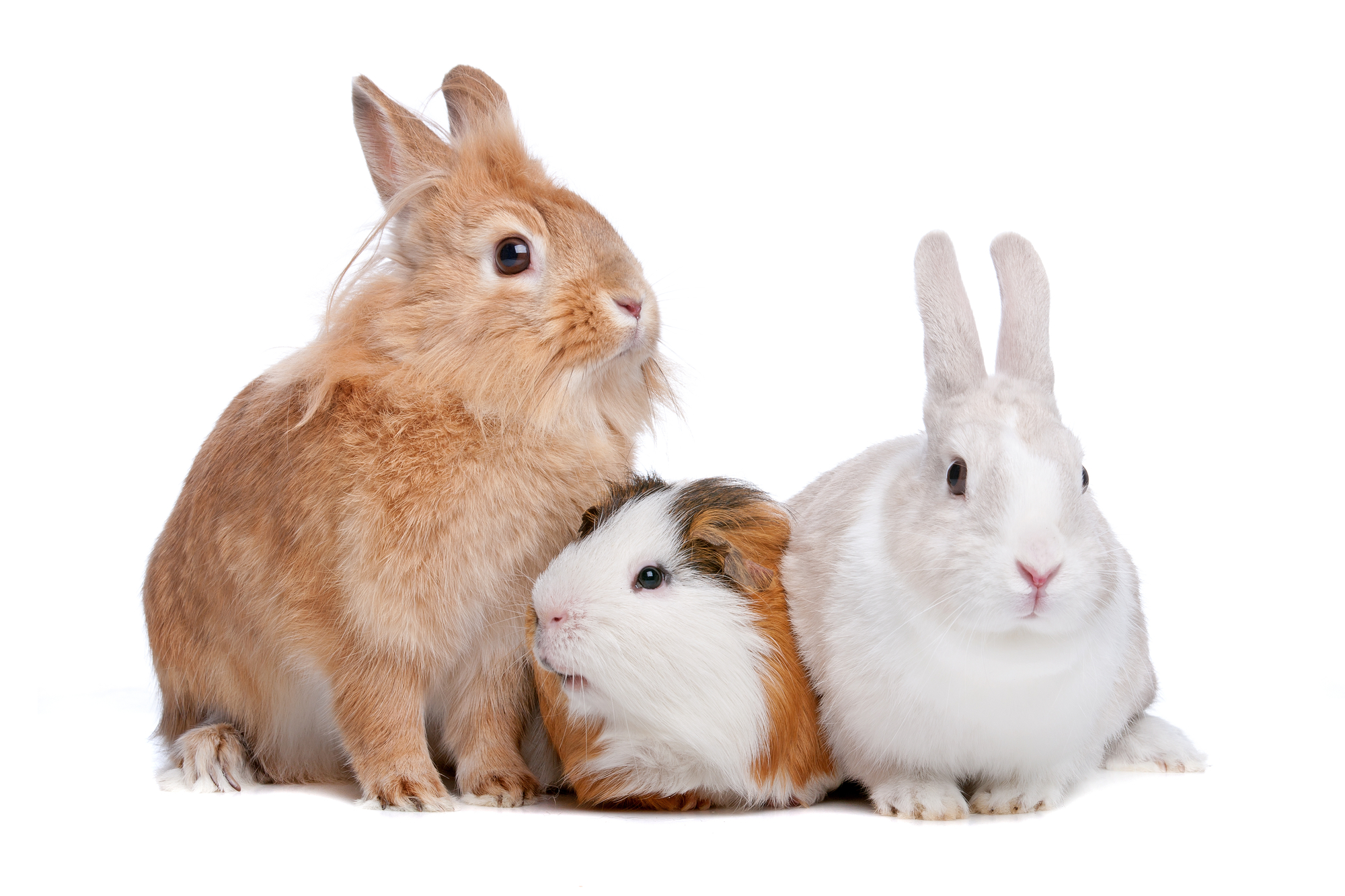
So what exactly should rabbits be eating? A balanced and healthy rabbit diet consists of three main components: hay, fresh vegetables, and pellets.
Hay
Hay should make up the majority of a rabbit’s diet. It is essential for their digestive health and provides necessary nutrients such as fiber, calcium, and phosphorus. Timothy hay is the most commonly recommended for adult rabbits, while alfalfa hay is suitable for baby rabbits due to its higher calcium content. Hay also helps keep a rabbit’s teeth trimmed, as their teeth continuously grow throughout their lives.
Fresh Vegetables
In addition to hay, rabbits should also have access to fresh, leafy greens and vegetables. These provide a variety of nutrients and add diversity to their diet. Some safe options include romaine lettuce, parsley, cilantro, and bell peppers. However, it is important to introduce new vegetables gradually and in small amounts to avoid digestive upset.
Pellets
Pellets should only make up a small portion of a rabbit’s diet (around 5%). They are formulated to provide additional vitamins and minerals that may be lacking in hay and vegetables. When choosing pellets, it is important to select high-quality ones that are specifically made for rabbits. Avoid those with added sugars, seeds, or dried fruit, as these can be harmful to rabbits.
In addition to these three main components, rabbits should always have access to fresh water. It is important to change their water daily and ensure they have a clean source at all times.
Consult a Veterinarian for Personalized Dietary Advice
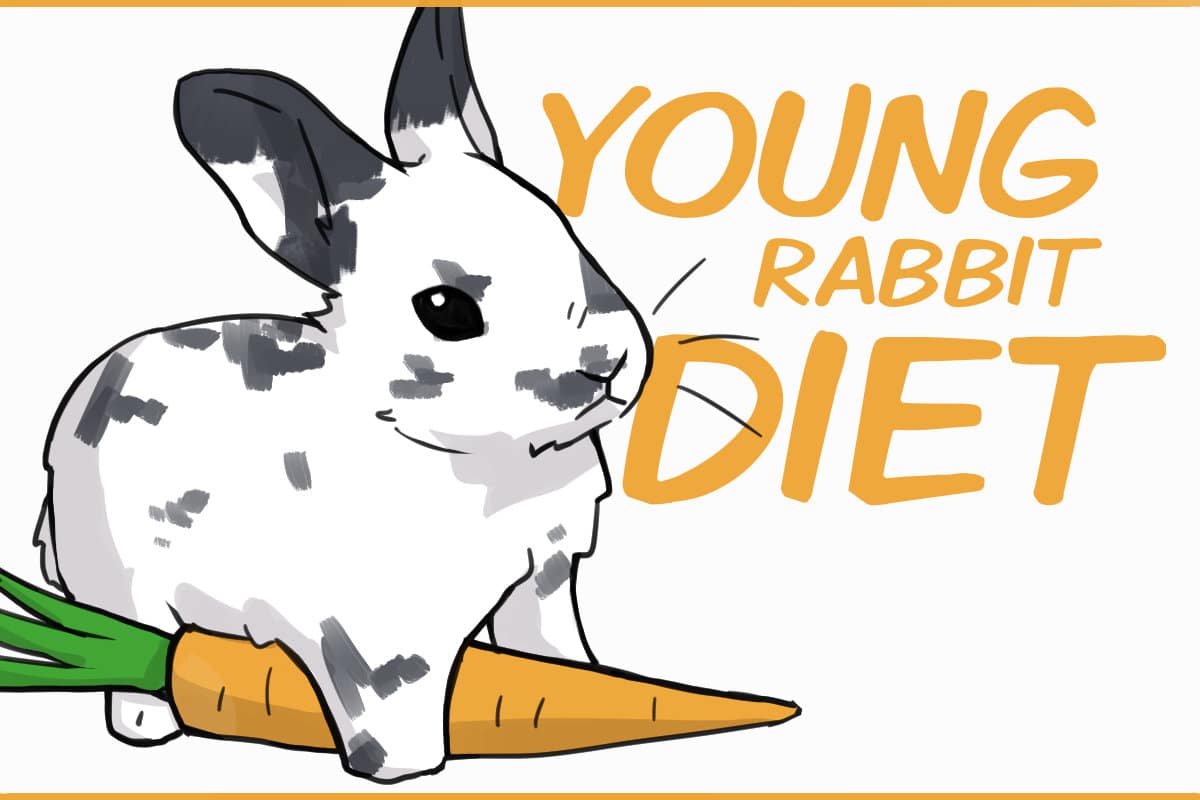
Every rabbit is unique, and their dietary needs may vary. Some rabbits may require a diet that is higher in fiber or specific nutrients due to health conditions or age. Therefore, it is essential to consult with a veterinarian for personalized dietary advice for your rabbit. They can assess your rabbit’s current health and make recommendations for their diet accordingly.
Conclusion
In conclusion, while hamster food may seem like a convenient and high-protein option for feeding rabbits, it is not suitable for their dietary needs. Rabbits are herbivores and require a diet high in fiber and low in protein and fat. Feeding them hamster food can lead to serious health issues such as gastrointestinal problems, obesity, and mineral imbalances. Instead, a balanced diet consisting of hay, fresh vegetables, and pellets is crucial for the overall health and well-being of rabbits. Remember to always consult with a veterinarian for personalized dietary advice for your furry friend.

